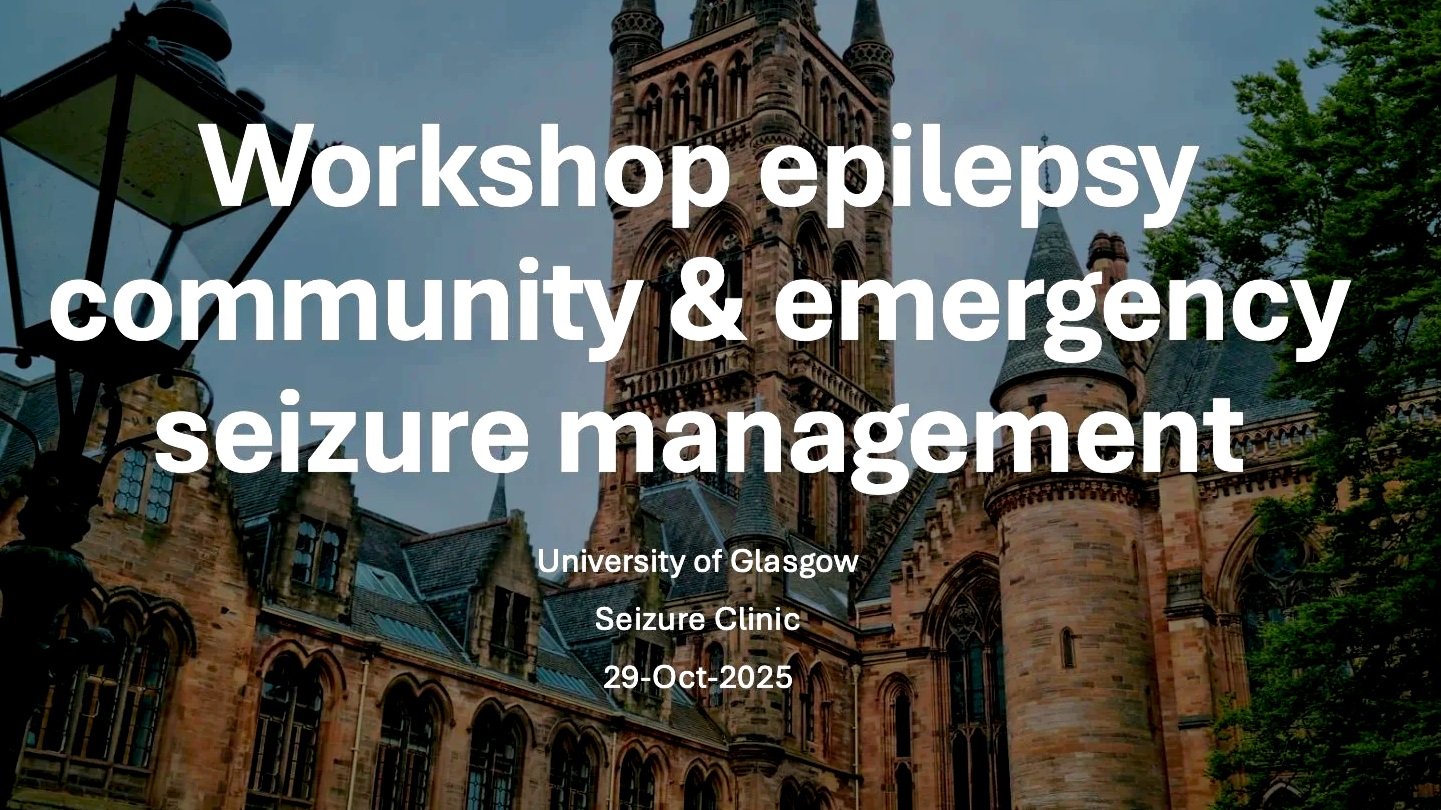Hosts: Jos Bongers - Veterinary Neurologist (Seizure Clinic)
Pauline Sinclair - Former Carer of an Epileptic Dog
Samantha Lindley - Veterinary Behavioural Consultant
Participants: International group of pet owners and carers (from the UK, Australia, Canada, and others)
Session Context and Purpose
A community-based workshop focused on supporting carers of pets with epilepsy.
Main themes: emergency seizure management, shared experiences, and peer support.
Aimed to build understanding, reduce anxiety, and improve confidence in handling seizures at home.
Key Discussion Themes
Emotional Impact and Shared Experiences
Many participants described the stress, fear, and emotional toll of seeing their pets seize.
Several found reassurance in hearing that others face the same challenges (“Glad to hear others are having the same experiences”).
Emotional relief came from shared humour and empathy — e.g., funny anecdotes during recovery phases helped normalise their reactions.
Seizure Management Strategies
Owners discussed practical seizure management steps:
Staying calm and removing other pets from the room.
Keeping the environment dark and quiet during recovery.
Filming seizures for veterinary review.
Medical & Emergency Care
Discussion of rescue medication (rectal diazepam):
How to administer safely (“approach from the back, not front; remove cap first”).
Mention of alternative management strategies:
Vagus nerve stimulation techniques.
MCT oil and ketogenic diet options (Purina NeuroCare, keto feeding).
Questions about flea/tick medication triggers, hormonal effects, and nutritional factors.
Behavioural Changes & Recovery Patterns
Participants described post-seizure hunger and confusion as common:
“Obsessed with food,” “incredibly hungry after a seizure.”
Other postictal behaviours:
Disorientation, compulsive checking of rooms, or unusual attachment behaviour.
Some owners expressed difficulty managing reactive or anxious behaviour between seizures.
Peer Support & Emotional Benefits
Many attendees emphasised the value of community connection:
Reduced feelings of isolation (“don’t feel alone anymore”).
Emotional reassurance and validation.
Desire for ongoing meetings or specific future topics (e.g., epilepsy and hormones, spaying impacts).
Participant Feedback
Overwhelmingly positive:
“Very informative and reassuring.”
“Extremely helpful and don’t feel alone.”
Participants expressed gratitude for practical guidance and emotional connection.
Key Takeaways
Education + peer interaction greatly enhances carers’ confidence and emotional resilience.
Shared lived experience normalises stress responses and encourages consistent management.
Owners seek more guidance on diet, medication side effects, and hormonal influences.
The session strengthened the sense of community and shared understanding among participants.
